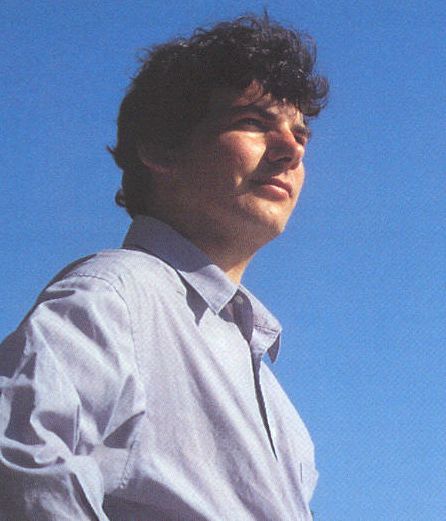Collins on Cannons and Cosmology
In his opening argument, Quentin Smith argued that universe explains its own existence, without remainder, even if the universe has a finite age, for the state of the universe at any particular moment is sufficiently caused by all of its preceding states. Since this complete explanation makes no reference to God, Smith argued, insofar as God is by definition a part of any complete explanation of the universe, God does not exist. In his response, Robin Collins cited the flight of a cannonball as a counterexample to Smith's line of reasoning, but the counterexample is not analogous; unlike the universe, the flight of the cannonball does not have a historically complete explanation in terms of earlier parts of that flight. Being charitable to Collins, however, it is possible that although the universe has no first moment in physical time, it may in some metaphysical time series, allowing one to make room for God in a complete metaphysical explanation of the universe. Smith's argument, then, might not demonstrate the nonexistence of God, but it nevertheless provides a probabilistic argument against the existence of God. And on Collins' own "likelihood principle," the fact that our best scientific theory of the origin and evolution of the universe supports a self-caused universe is much more likely on naturalism than on theism, and thus provides very strong evidence for naturalism over theism.




